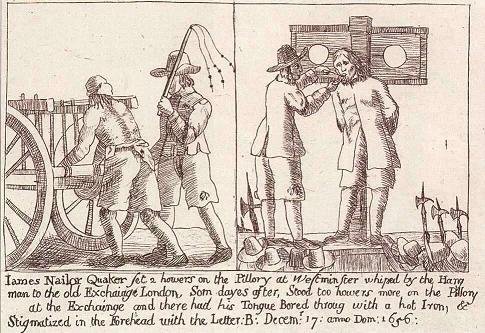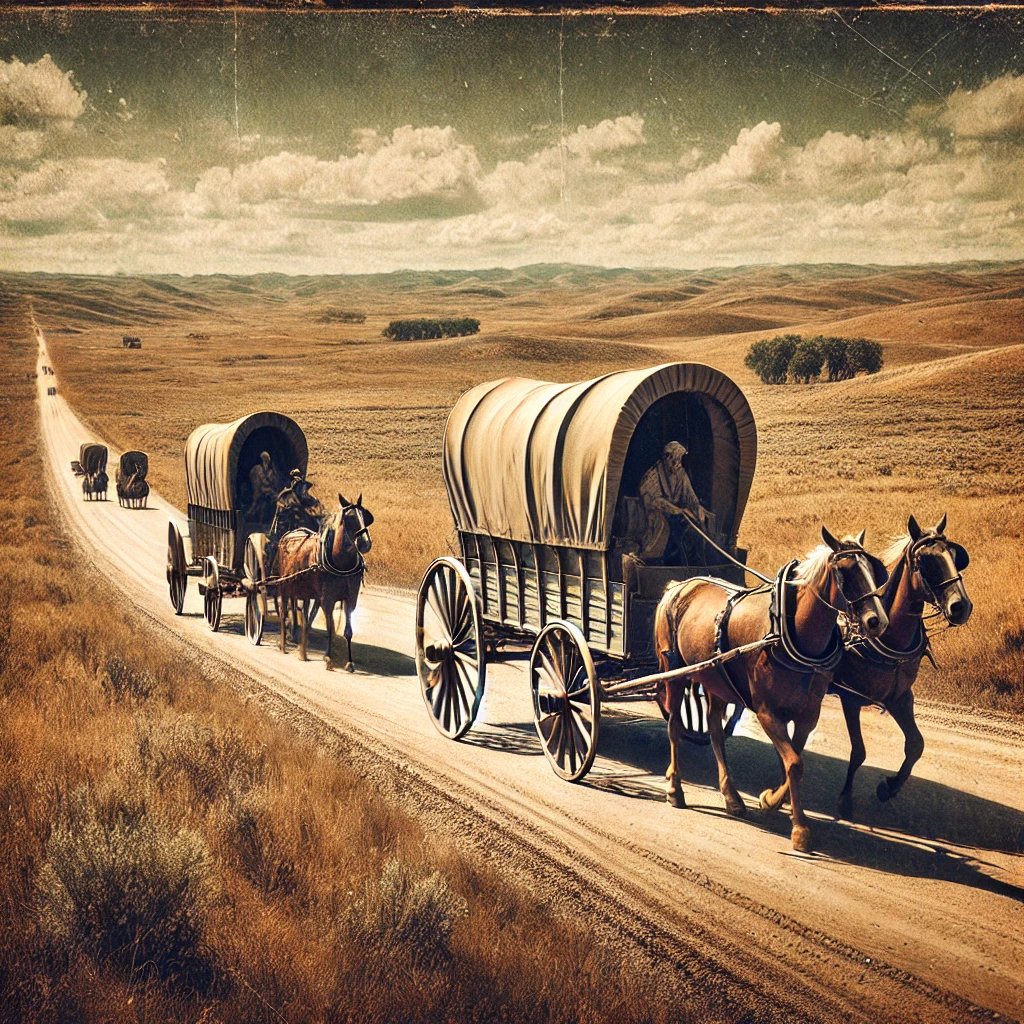Research Tools
Insights, methods, and resources to support sound genealogical research and historical understanding
Blog Categories
- American history
- Ancestry
- Burial Index
- Digitized Records
- Genealogy Research Tools
- Genealogy research
- Log Books
- Maritime
- Military Records
- National Archives
- Online Databases
- Quaker
- Quaker ancestors
- Quaker ancestry
- Quakerism
- Religion
- Revolutionary War
- U.S. Federal Census
- U.S. Navy
- american migration
- church records
- family history
- genealogy news
- history
- migration routes
- ohio
- research
- scotland
- wagon route
U.S. Navy Log Books at the National Archives
Within the National Archives lies a remarkable treasury of US Navy logbooks—sometimes known as Captain's Logs or Deck Logs—that chronicle naval operations from America's founding conflict through the latter decades of the 1900s. Far from being mere collections of navigation notes and weather patterns, these time-sequenced volumes reveal the texture of seafaring military life in unexpected detail. Some entries are straightforward daily notations, while others unfold into comprehensive narratives documenting everything from disciplinary actions and illness rosters to injury incidents, provisions consumption, atmospheric conditions, and mission specifics. The richness of content fluctuates based on the period of creation. Organized by date with time-stamped entries throughout each day, these carefully maintained records paint a vivid picture of what naval duty looked like across America's diverse historical chapters.
New Database: U.S., Revolutionary War Burial Index, 1775-1875
A new genealogical tool is now available at Ancestry.com: the U.S., Revolutionary War Burial Index, 1775-1875. This archive captures the final resting places of Revolutionary War veterans across a 100-year period beginning with the war's outbreak. Each soldier's information is preserved on a separate index card, though genealogists should recognize that not all who served are represented in this database. The source material originated from Brigham Young University's Harold B. Lee Library, where staff and volunteers compiled the "DAR Burial Index" in the early 1980s. They extracted burial site data from Daughters of the American Revolution annual reports to the Senate covering 1900 through 1982, as well as supplementary DAR publications from 1982 to 1987.
Religion: Quakers
Known as Friends or Quakers, the movement rejected priests, rituals, and upheld spiritual equality, allowing women to participate equally in worship. As pacifists, Quakers opposed war and war taxes, refused to bow to nobility, and declined to take oaths, leading to perceptions of disloyalty to the British Crown. Despite heavy persecution, including banned meetings and mass imprisonments, the movement continued to grow and spread.
American Migration Routes
Despite often being no wider than eighteen inches due to the Indian practice of single-file travel, these trails served as highways for traders, migrating tribes, settlers, diplomatic missions, and messengers. They followed the path of least resistance, crossing the lowest points in mountainous terrain. In winter, routes were adapted for ice-bound rivers or streams, or for snowshoe travel, reflecting the adaptability and practicality of Native American travel patterns.
If you've reached this blog through a search engine, allow me to introduce myself:
I'm Susan, an essayist and narrative storytelling specialist dedicated to preserving authentic historical narratives and perspectives. My work as a historical researcher, archivist, and family history analyst is guided by the understanding that perspective fundamentally shapes our interpretation of history.



